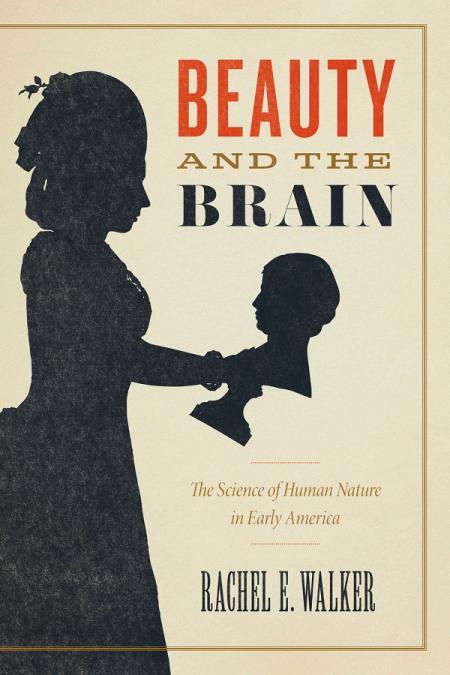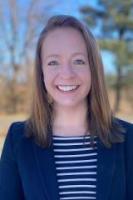
American Antiquarian Society
185 Salisbury Street
Worcester, MA 01609
United States
In the modern world, we often dismiss phrenology and physiognomy as pseudosciences, short-lived fads, or dangerous philosophies that laid the groundwork for biological determinism. However, between the 1770s and 1860s, many Americans viewed these disciplines as legitimate sciences in which people’s heads and faces could reveal hidden “truths” about intelligence, character, and personality.
Join us as Rachel Walker discusses her new book Beauty and the Brain: The Science of Human Nature in Early America and delves into this complicated history, detailing how the privileged and powerful weaponized science to rationalize discrimination. Yet, by recovering this largely forgotten intellectual universe, Walker also reveals that elite white men were not the only people practicing science in early America. Black intellectuals, female activists, and ordinary people deployed these sciences for their own political aims, creatively interpreting human minds and bodies as they fought for racial justice and gender equality. Ultimately, physiognomy and phrenology were as dangerous as they were popular and functioned as both a weapon of oppression and tool of liberation.

Rachel E. Walker is an Assistant Professor at the University of Hartford, where she teaches courses on the history of race, gender, and science in America. She is the author of Beauty and the Brain: The Science of Human Nature in Early America, published with the University of Chicago Press in 2022. Her recent article "Facing Race," received the Murrin Prize for the best article published in Early American Studies in 2021. Walker's work has been generously supported by numerous archives and institutions, including the Smithsonian Institution, McNeil Center for Early American Studies, and Huntington Library. She held two Jay and Deborah Last Fellowships at the American Antiquarian Society in 2015 and 2018, as well as an AAS-National Endowment for the Humanities Long-Term Fellowship in 2020.